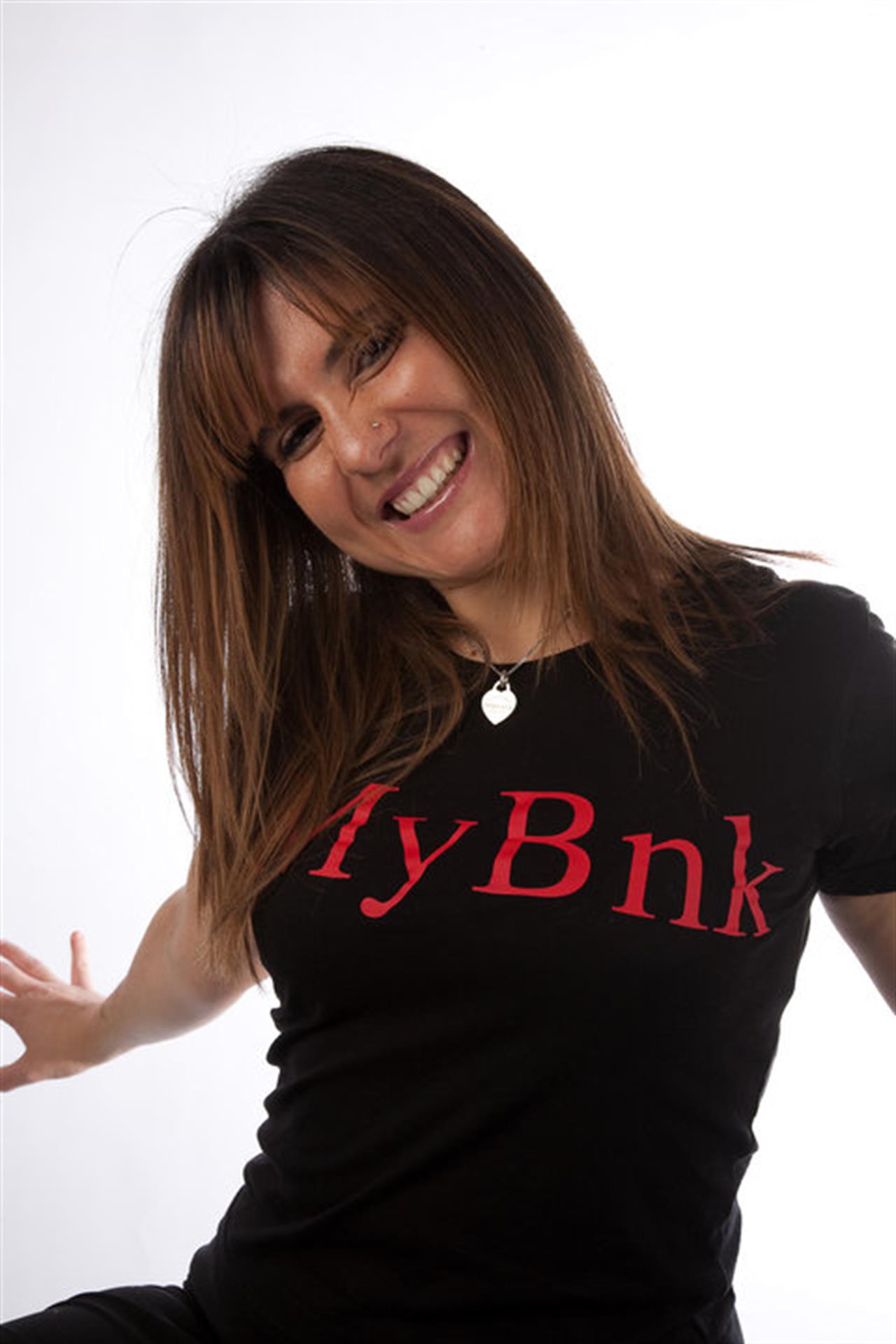Non profit
Microfinance at school
Meet Lily Lapenna, founder of Mybnk, a youth banking programme that teaches children how to manage their money

Learning how to manage money is not something you traditionally associate with school. And yet for Lily Lapenna, founder of a charity called MyBnk, children who learn about finance from a young age are much more likely to make good money choices as adults. “According to the statistics, 90 per cent of adults have never been exposed to any kind of financial education. This leaves them exposed to the risk of falling into debt, of making bad investment choices or investing in unethical shares,” explains Lapenna in an interview with the BBC.
Lapenna grew up in London but it was in Bangladesh where she learned about microfinance and its potential as a learning instrument. Since Mybnk was founded in 2006 it has taught 25 thousand school children and Lapenna has received several awards in recognition of her work, including the young social entrepreneur of the year award in 2008.
Where did the inspiration to found Mybnk come from?
The women I met in Bangladesh. It was amazing because these women, who worked in the fields and who were illiterate, through the savings and loans schemes were learning incredible skills. They were learning how to become businesswomen, how to gain confidence within their community, how to manage their money, plan ahead and how to send their children into education. These women were much more skilled and knowledgeable than I was. I had spent all this money on education and didn’t know fundamental things, like managing my money!
Why Bangladesh?
I have always been interested in poverty alleviation and social change and I thought that in order to help less developed countries the best solutions were not those of western organizations that created dependency, but more local and innovative solutions. For me the best example was microfinance in Bangladesh.
What makes Mybnk a winner?
Taking the inspiration from Bangladesh and combining it with a need in the UK. In this country every three minutes somebody is declared bankrupt. Personal debt is a huge problem and there is no financial education in schools. We are the first organization in the UK to take microfinance away from women, who are the typical borrowing group, and put it into the hands of young people. Our banks are not run by NGO workers or by bankers, but by youth. We are a peer–led banking model. It is a big shift, because young people are not used to running banks and are certainly not used to take up small loans.
How did you develop such an entrepreneurial attitude?
It is in my nature to be enterprising. I also learnt a lot by working. The real skill of the entrepreneur is to employ people who can do things better than you. This is what I do as entrepreneur. I think another ability I have is that I am good at inspiring people, like I did when I proposed to set up MyBnk. Finally the entrepreneur has to best use the skills of the people involved in the project, making them feel special about doing their job.
Even though you grew up in London your parents are Italian and you feel very Italian too: do you think MyBnk could be set up in Italy as well?
I think there is a big need for a programme such as MyBnk in Italy, where there is a very little provision for young people outside of conventional education. The Italian society is very much managed by old people: I would have never been able to start my own social enterprise in Italy at 26, as I did in the UK. It’s a shame because young people in Italy have amazing creative ideas regarding social business.
What are your plans for the future?
The first step is to develop a social franchise model to expand the programme nationally in the UK. Then we will look at an open source, international model that will allow us to reach into other countries, partner with local organizations and adapt the concept to local needs. Last week we had a Swedish coalition to set up MyBnk in Sweden. Then we had a Chinese coalition to establish MyBnk also in Hong Kong.
Do you make a living out of MyBnk?
Yes, it is my income, it is not a volunteering job. We have 13 paid members of staff within the organization, who make a living out of it and one consultant who works part-time.
17 centesimi al giorno sono troppi?
Poco più di un euro a settimana, un caffè al bar o forse meno. 60 euro l’anno per tutti i contenuti di VITA, gli articoli online senza pubblicità, i magazine, le newsletter, i podcast, le infografiche e i libri digitali. Ma soprattutto per aiutarci a raccontare il sociale con sempre maggiore forza e incisività.
